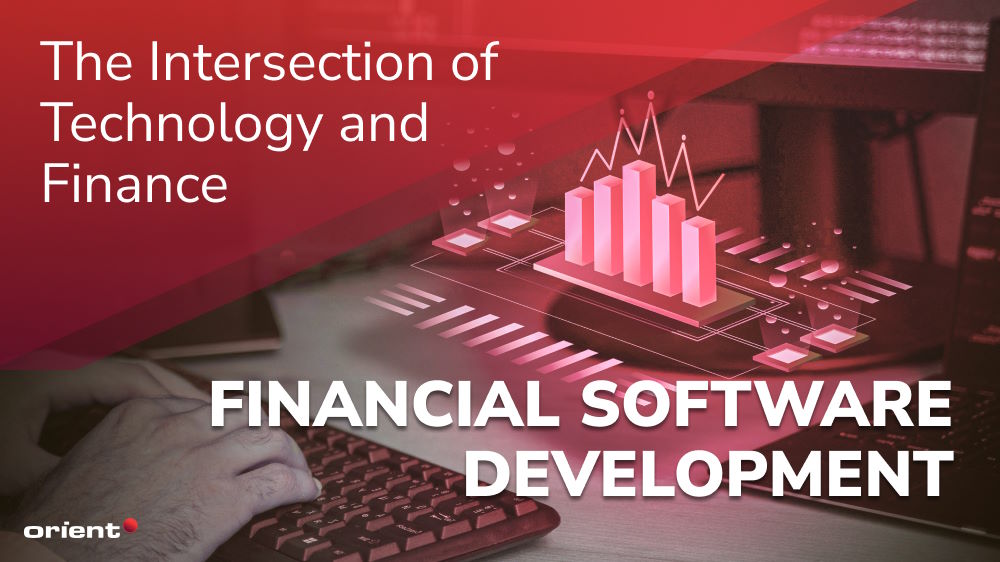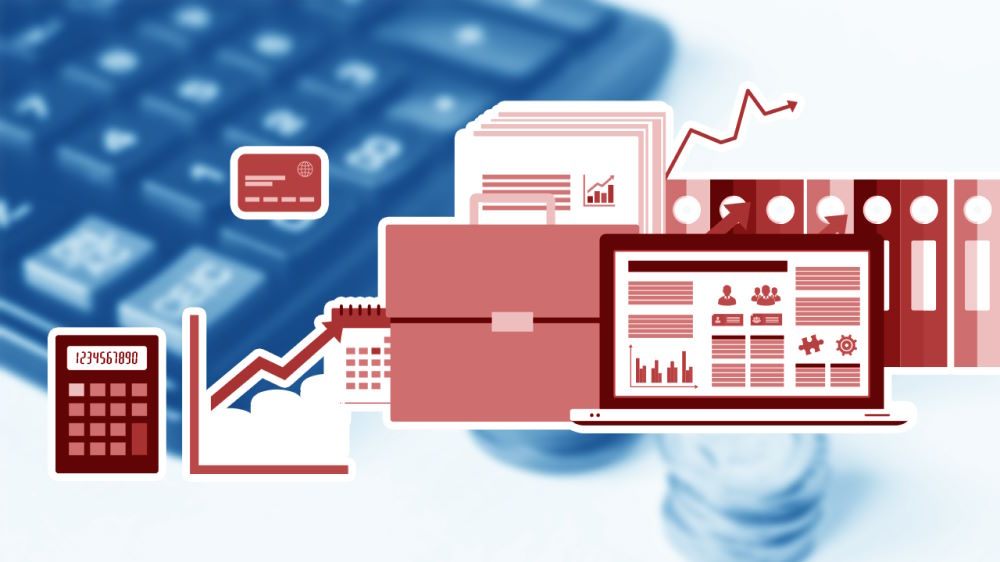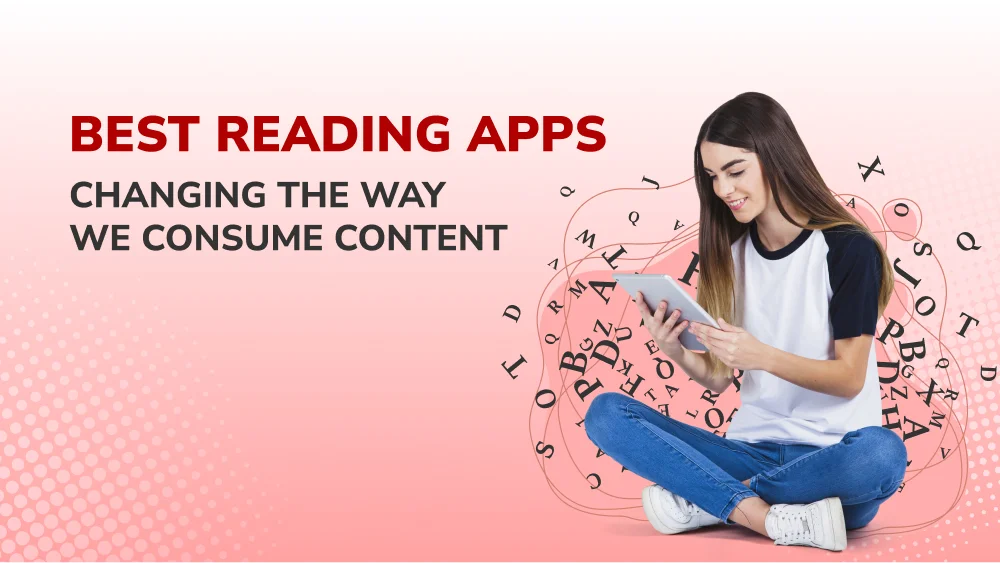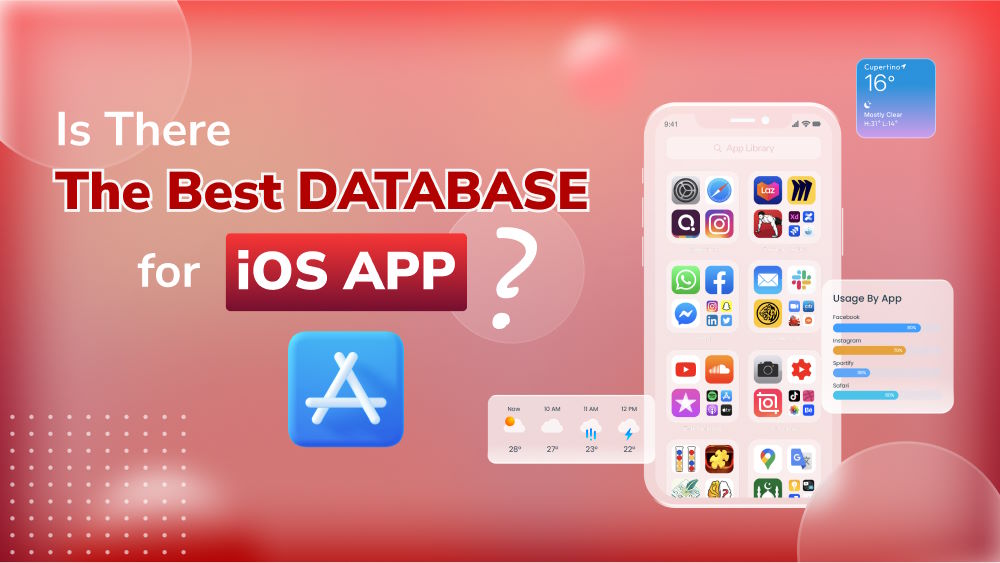
What Goes into a Mobile App Development Cost Estimate?
Planning on outsourcing your mobile app project? Find out what goes into a mobile app development cost estimate and how to choose the right developer.


Digital transformation, as ubiquitous as it seems in today’s technology landscape, undoubtedly comes with challenges. The financial industry might be one with the most challenges to conquer. After all, there are frequent issues with financial data security, regulatory compliance, user experience personalization, etc.
With that being said, financial software development has become a buzzword. There has been a surge of investment in financial software development services with the belief that the right software can empower financial institutions in many ways. However, what does a comprehensive financial solution look like? What makes future-proof, and how does it help a business unlock new business opportunities?
Here is everything that you need to know and get started with financial software development.

Financial Weekly defines financial technology, or fintech, as the application of top-notch technologies to the financial sector. The technology adoption aim is to enhance the traditional financial system rather than replace it, as many tend to believe.
From a commercial perspective, fintech provides access to those who lack banking services. This is done so by reducing the cost of participation in financial services - the U.S. Federal Reserve found that 13% of US adults had bank accounts but used other financial services. Because it appears that the banking services these adults got were insufficient to address their financial service demands, they are referred to as “underbanked” adults.
Not only does fintech enhance the accessibility and convenience of financial services, but it also lowers the cost of participation in such services. A United Nations report highlights the cost reduction of financial services thanks to fintech, e.g., people won’t have to spend as much on cash checking.
Digital financial systems also benefit the institutions themselves - a secure financial system, efficient data management, streamlined financial operations, and transformed transactions. According to Statista, between 2017 and 2023, the worldwide fintech industry’s revenue grew significantly. The industry’s overall sales were projected to reach 79.38 billion USD in 2023. The fintech user base is also forecasted to grow gradually from 2024 to 2028, reaching 4.81 billion in 2028.
All the data shows that financial software solutions are one with vast opportunities. However, how do you take this opportunity and turn it into a profitable and comprehensive custom financial software?

Financial software development is the cycle of creating, designing, testing, and maintaining numerous solutions for stock trading, banking, and other financial operations, etc.
If you want to start a financial software development company but worry the market might be too narrow, worry not. Financial solutions cater to a variety of needs; popular examples include:
Also known as Internet banking or website banking, online banking has become a key part of our online shopping experience. Whether it is a transaction conducted through mobile apps or websites, many organizations have enabled customers to manage their accounts, transfers, and payments.
The main technology that online banking relies on is cloud integration, artificial intelligence, and machine learning algorithms.
Accounting and budgeting software involves planning, allocating, managing, and monitoring monetary resources. The use of smart software is more accurate and speedy and gives its user an overview of what their spending habits look like.
Investors and organizations have increasingly offloaded the legwork of storing and analyzing data to intelligent computer algorithms. This allows them to make more confident and informed decisions without the bias of human emotions.
Paperwork has always played a major role in the finance industry, but it also can be a dreadful task. Hence, financial reporting software acts as a centralized data center that automatically generates reports. The software ensures the reports are consistent and accurate, giving businesses a good idea about their financial health.
A successful custom financial software development project not only provides its users with essential features but also embraces some of the latest trends and emerging technologies. Some of the trends might also act as an idea starter to inspire you with your newest project.
Embedded finance targets at integrating financial services into non-financial platforms, such as social media channels, e-commerce sites, and payment facilitators like PayPal, Stripe, and Square. The integration of financial services is expected to only go up in 2024.
However, there remain challenges like security and compliance. Data analytics and generative AI are expected to lead the revolution of embedded finance.
Central Bank Digital Currencies (CBDCs) are gaining interest due to their potential to enhance financial accessibility and inclusion. They offer a digital alternative to physical cash, making it easier for unbanked or underbanked individuals to access financial services. CBDCs also offer low transaction costs, making cross-border payments faster and more convenient. Additionally, they can incorporate smart contract functionality, reducing fraud risk and improving financial processes.
According to Investopedia, decentralized finance is as follows: “Emerging technologies are used in decentralized finance, or DeFi, to cut out intermediaries and centralized institutions from financial transactions. Cryptocurrencies, blockchain technology, and software that facilitates financial transactions between individuals are the constituents of DeFi.”
DeFi is expected to continue to mature and become a part of super apps that serve multiple needs in a single platform.
Financial problems can be complex and take a long time to solve. However, with the help of quantum computing, financial organizations will be able to use their outstanding problem-solving skills to optimize investment portfolios, detect fraud, and mitigate risks.

In order to fully utilize the benefits of financial software, there are some key features you should include.
Multiple reports need to be produced on a daily, weekly, monthly, and quarterly basis in a financial organization. The time spent producing reports and data analytics eats up a massive chunk of time each day; therefore, automating numerous report packages gives users a birdseye view of the income statements, cash flow, balance sheets, etc.
To make mistakes is to be human, but sometimes, those mistakes can be expensive. By automating repetitive workflows, financial software speeds up numerous functions while ensuring its accuracy. This also gives executives time and space for strategic planning.
Generally speaking, tax-related tasks are tedious. The tax laws and regulations are changing constantly, and not keeping up with them can get you into legal issues with authorities. Therefore, without the extra fee of hiring a tax manager, a financial solution will help you with reporting, audits, liability tracking, tax payments, and filling out tax forms.
An organization with good financial health has a clear idea of where the business expenses go. Worry not, as financial software has you covered. It helps you overlook the income and expenses and create budgets. You can administrate your cash flow in real-time to gain insight into spending habits and optimize the company’s finances.
Financial software helps handle financial transactions in different currencies without manual calculations and conversions. It computes currency exchange rates, delivers real-time currency conversions, and creates reports that show financial data in the currency of your choice.
Implementing software assists companies with management in planning, analyzing, and developing a financial strategy based on various financial parameters. It helps identify opportunities to boost your business and points out potential difficulties.
General accounting management enables you to track your financial records and perform various accounting tasks. The software is also useful in generating financial reports (I.e., balance sheets, profit and loss statements, cash flow statements, etc.), which are necessary for making informed business decisions. By using software tools, businesses can ensure that their accounting processes are accurate, efficient, and compliant with regulatory requirements.
To build financial software, you can always recruit an in-house team to help you build it. However, the process is going to be time-consuming and costly. Instead, we advise you to seek out an experienced software development company that has all the resources you need onboard. Not only will they be experts in their field, but they can also help you keep the financial software development cost within your planned budget. This way, you can concentrate on your core business while leaving the software development tasks to the experts.
Start by using Google to find software development partners. Check reviews on sites like Quora and Clutch to evaluate their services, expertise, experience, and reputation. You can also ask for contact information from current as well as previous clients to gain insights into their work.
Testimonials can provide a clear picture of a company’s operations and services. To get a better understanding of their working experience, ask for the contacts of current or previous clients.
Check the company’s expertise in the domains they specialize in. Ensure that they can cater to your business goals and develop software that meets your target audience’s needs.
Look for previous cases to understand how a software development company has solved previous challenges. Consider whether someone from their case studies is still their partner.
Understand the company’s ethics, goals, and expectations. Choose a dedicated team of professionals who are dedicated, meticulous, and passionate about business. It is a great idea to have an IT partner that sees eye to eye with you when it comes to business values.
Excellent communication equals transparency. Both parties should be open and honest about the development process. Ensure no language barriers exist.
Interviews with developers can show the real companies without any sales tricks. Set up meetings with all developers to evaluate who the right people are for the job.
Adhering to these steps will certainly improve your chances of finding the right software development partner for your business needs. You don’t need to look any further, as Orient Software is a reliable and experienced partner who can help you achieve your software development goals. We offer a range of services, including dedicated development teams, custom software development, and more. If you’re interested in working with us, feel free to reach out, and we’ll get back to you within three business days!
Planning on outsourcing your mobile app project? Find out what goes into a mobile app development cost estimate and how to choose the right developer.
Is your business missing out on a secret weapon? Explore the REAL benefits of mobile apps for business and unlock explosive growth!
Take a look at the different types of healthcare software. Learn how these technologies are revolutionizing healthcare services.
Take a look at the best reading apps that are changing the way we consume content. Explore features and benefits, and find the perfect app for your reading needs.
Unsure of the best database for your iOS app? Compare SQLite, Core Data, and Realm to find the ideal match for your app’s needs.



